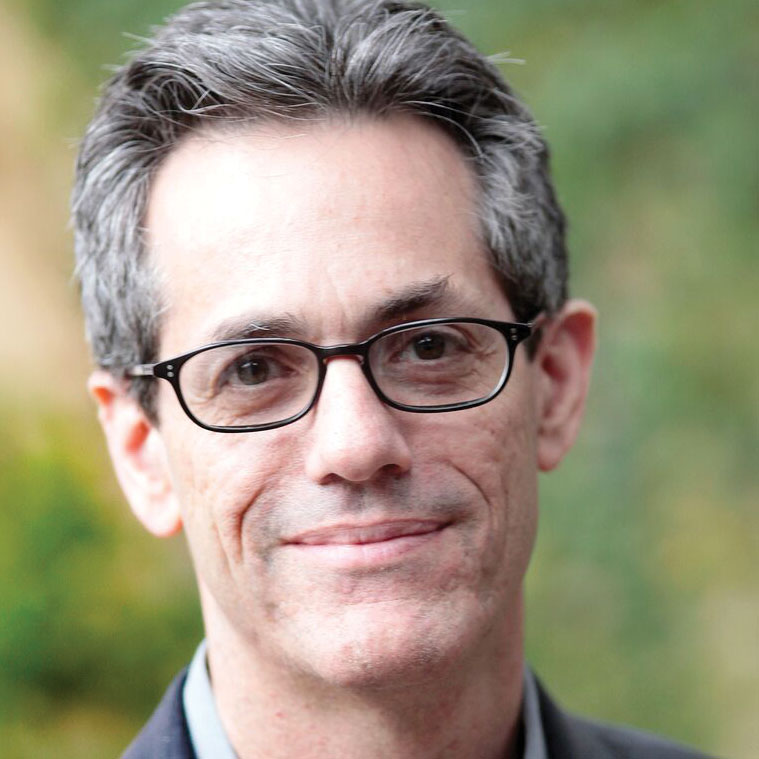According to an announcement released Dec. 16, the American Studies Association (ASA), a group of some 5,000 university professors, has endorsed its national council’s call for a boycott of Israeli universities.
Two-thirds of the 1,252 members who voted approved the boycott, according to the release, and a third of the membership’s eligible voters participated.
The membership-wide canvass was unprecedented and was undertaken in part at the behest of boycott opponents, who said at a session during the ASA annual conference in Washington, D.C., last month that the matter was too sensitive to leave up to the 20-member national council, which unanimously endorsed the boycott.
The resolution is not binding on members and targets institutions, not individuals.
In its announcement, the ASA said it would invite Israeli and Palestinian academics to its 2014 national meeting in Los Angeles. ASA describes itself as “devoted to the interdisciplinary study of American culture and history.” — JTA
Like many readers of the Jewish Journal, I have followed with interest and foreboding the recent vote of the American Studies Association (ASA) on whether to boycott Israeli academic institutions. Some of my university colleagues are vocal in support of the boycott. They are decent people whose main motivation, as my friend and fellow UCLA historian Robin Kelley phrased it, is to create “the conditions for genuine intellectual exchange … grounded in a politics of inclusion, justice and equality.” I share that aspiration and also believe that those who favor a boycott have the right to express their views. Nevertheless, I strongly disagree with the substance of their position.
It is not that we should support the continuing occupation of the West Bank. Hardly so. For the occupation entails the denial to the Palestinians of the very right that Zionism fought and won for the Jews: national self-determination. Moreover, it corrodes the soul of Israel and its reputation in the world.
So why, then, oppose? There are various reasons that have been mounted, including the central importance of free speech in academic discourse, the sinister resonance of boycotts in modern Jewish history and the fallacy of the historical comparison to apartheid South Africa, in which boycotts and sanctions were used to considerable effect.
[Robert D.G. Kelley: U.S. academics should boycott Israeli universities]
I would like to focus on two other factors. First and foremost is the selectivity of focus. The logic invoked by ASA President Curtis Marez that “one has to start somewhere” in imposing boycotts as a means of punishing simply doesn’t hold water. Without absolving Israel of responsibility for the consequences of its destructive occupation, it is a spectacular act of audacity to single out that country as if it were the state that most violates the human rights of its residents. In a region filled with state actors with dubious records (think Syria, Egypt, Saudi Arabia and Iran, for starters), Israel surely does not deserve pride of place as the first or only one in need of reprimand. Were punishment meted out more equitably in the region, it might be a different matter. But the skewed and lopsided judgment to focus on Israel defies the basic principle of fair application of norms of justice.
Secondly, it has been stated often that within Israeli society, universities are the incubator and guardian of the most progressive values, precisely those that one would need in order to effect meaningful change from within. This is a rather abstract proposition, so let me offer a concrete example. At the end of December, I am to head to Jerusalem to participate in a conference titled “Did Something Happen to Zionism Along the Way?” The meeting will bring together a group of historians, including both fervent supporters and vocal critics of the State of Israel’s policies, to reflect on the historical path of the Zionist movement into the present. It is the kind of conference that would be difficult to mount in the United States because of Jewish communal sensitivities but which takes place on a regular basis in Israel. In fact, this conference will be held at and sponsored by the Hebrew University of Jerusalem, Israel’s oldest and most prestigious university.
Some in the Diaspora may find it odd that a conference such as this would be held in Israel with the full support of an Israeli institution. But it is exactly the kind of open and honest historical inquiry in which Israeli academics routinely engage. They do so because they understand such inquiry to be an essential part of the probing self-critique that any healthy society requires.
Far from boycotting such endeavors, we should enthusiastically support them. To do otherwise — by supporting the ASA boycott — is to stifle the admirable efforts of Israeli academics to challenge what they find to be broken and in urgent need of repair in their own society. Likewise, support for the boycott surrenders to a bewildering selectivity of focus that masquerades as the pinnacle of morality but ultimately betrays its very
essence.
David N. Myers teaches Jewish history and is the Robert N. Burr Department Chair of the UCLA History Department.























 More news and opinions than at a Shabbat dinner, right in your inbox.
More news and opinions than at a Shabbat dinner, right in your inbox.